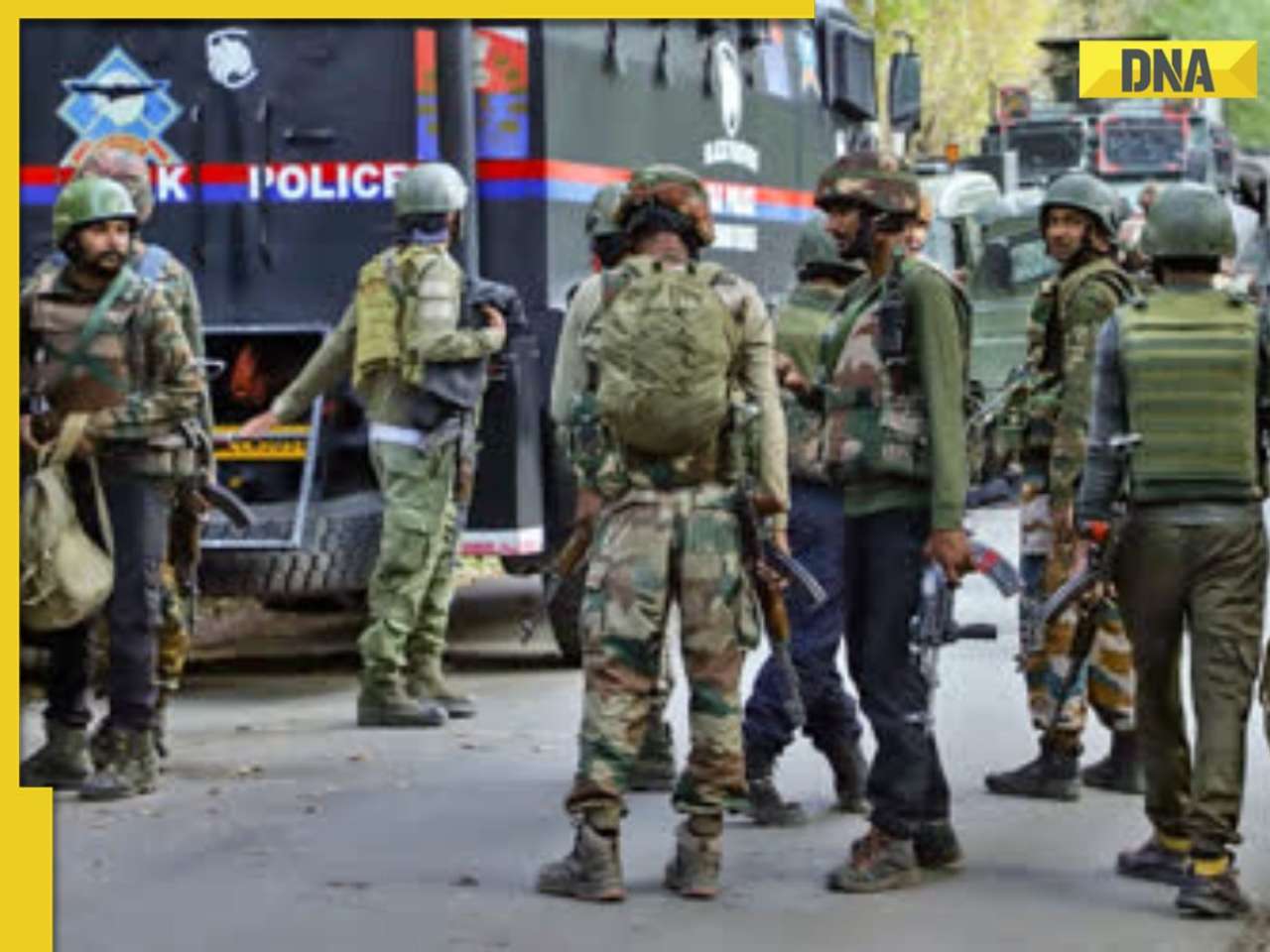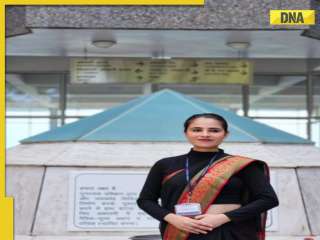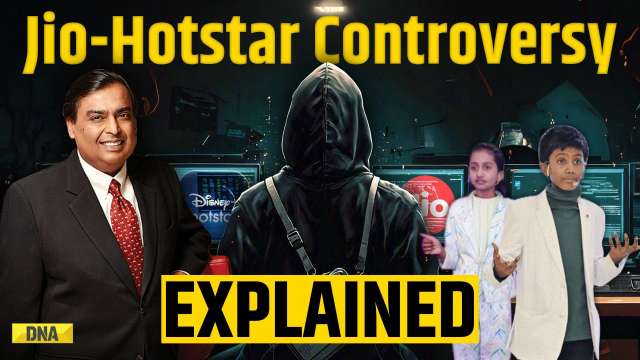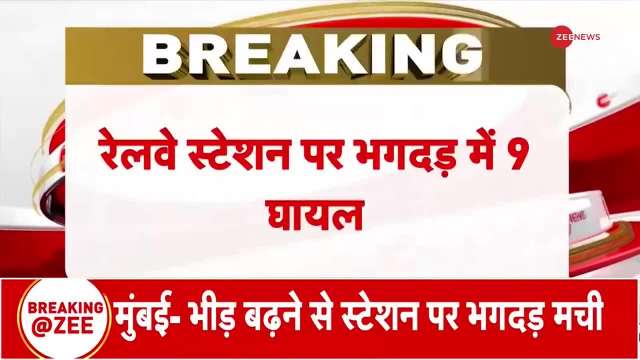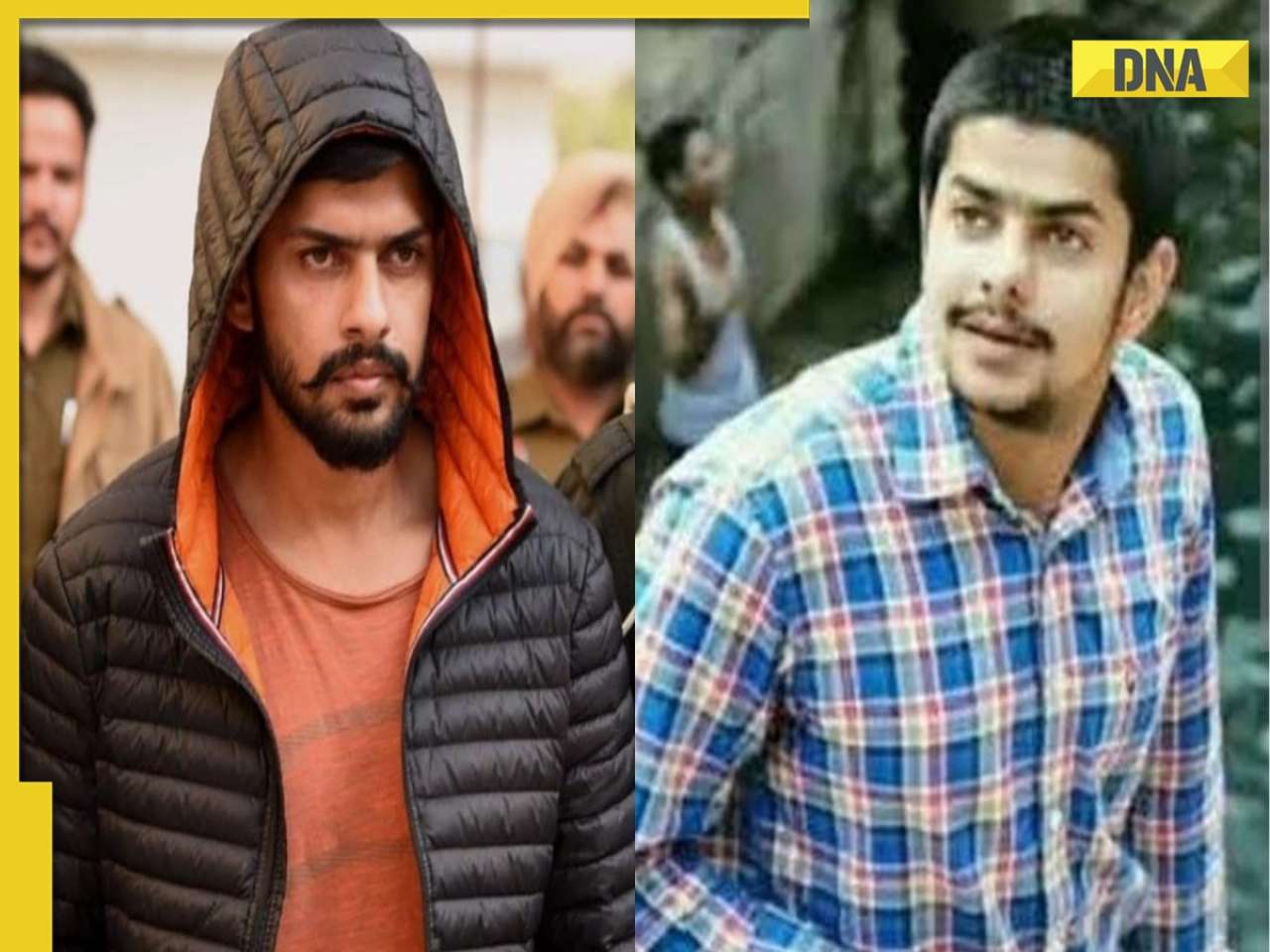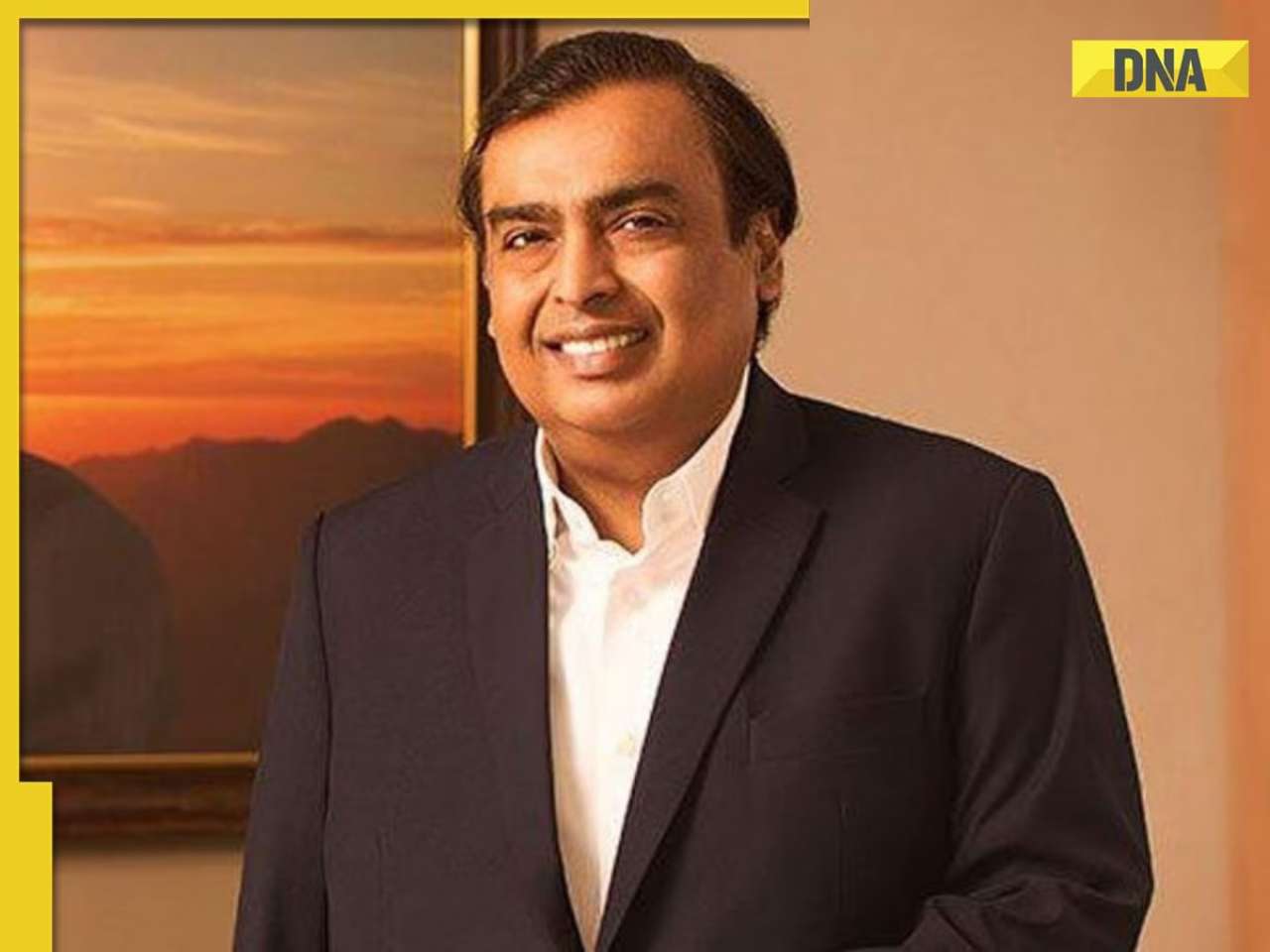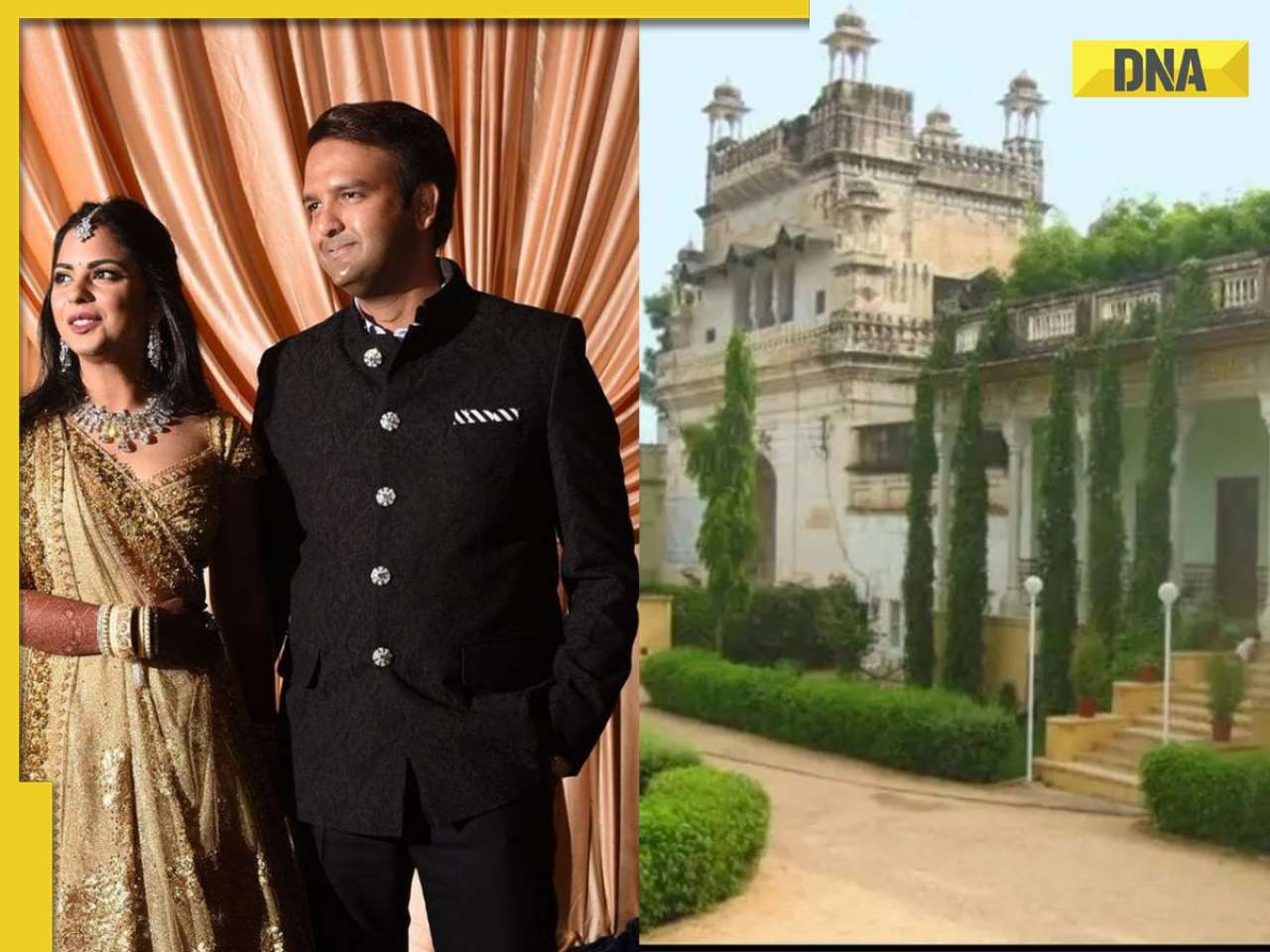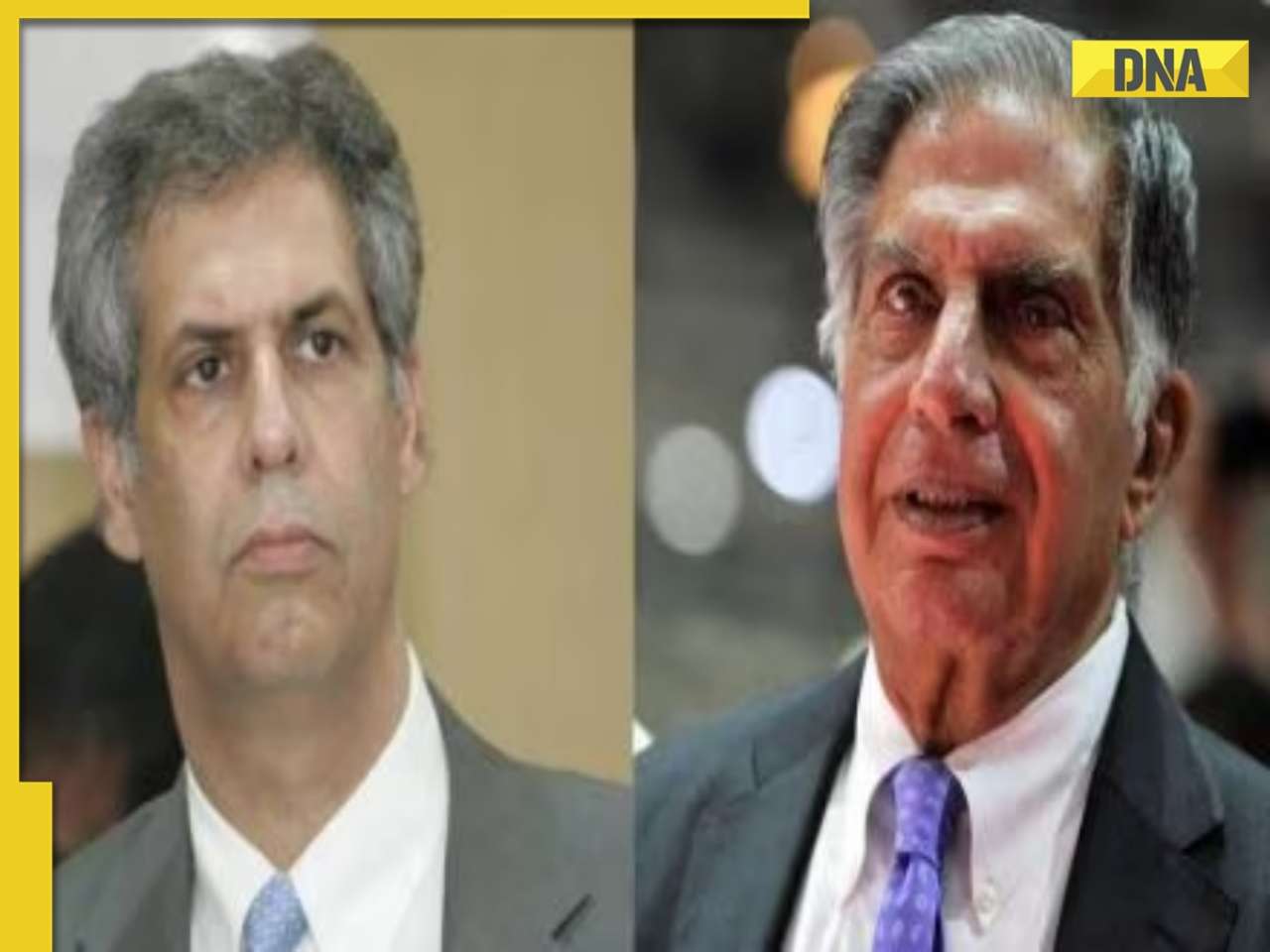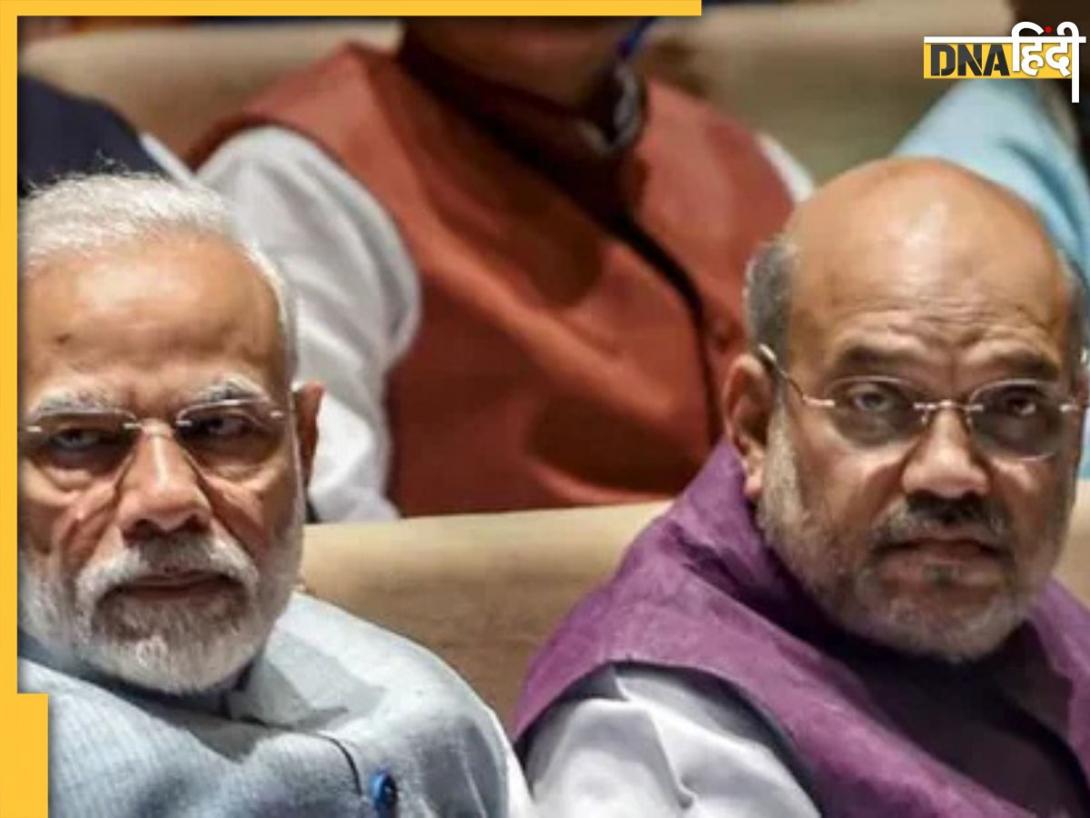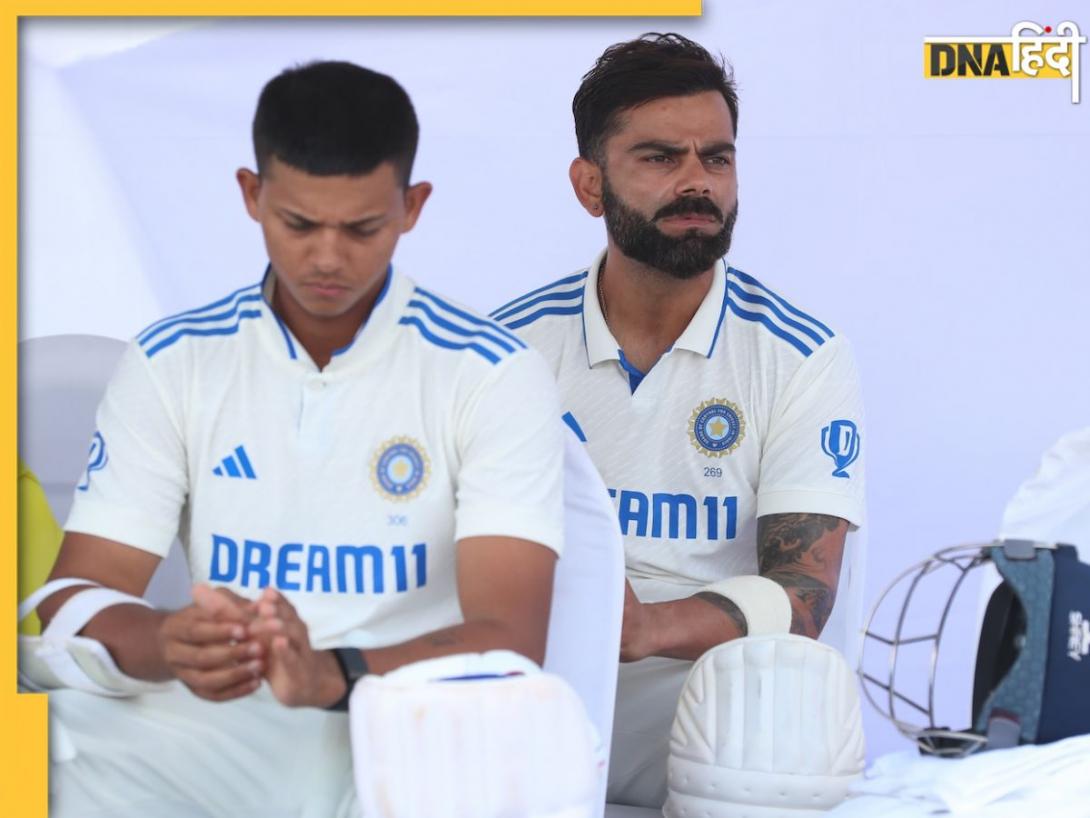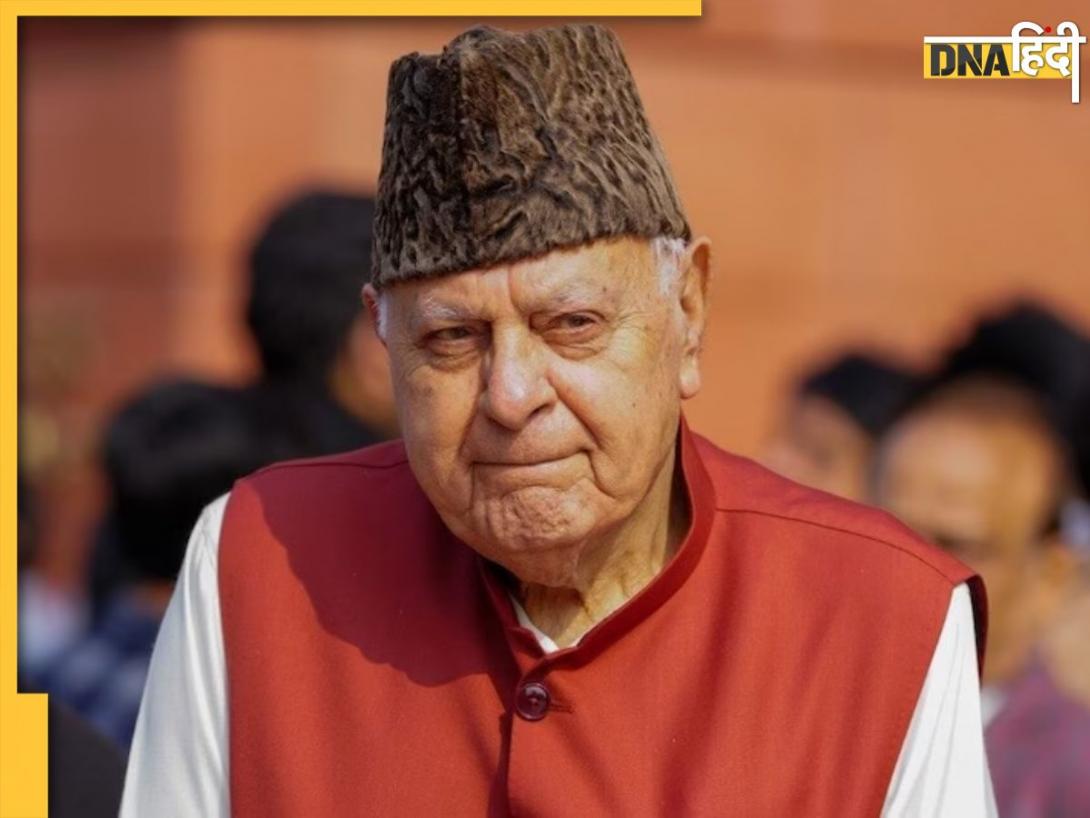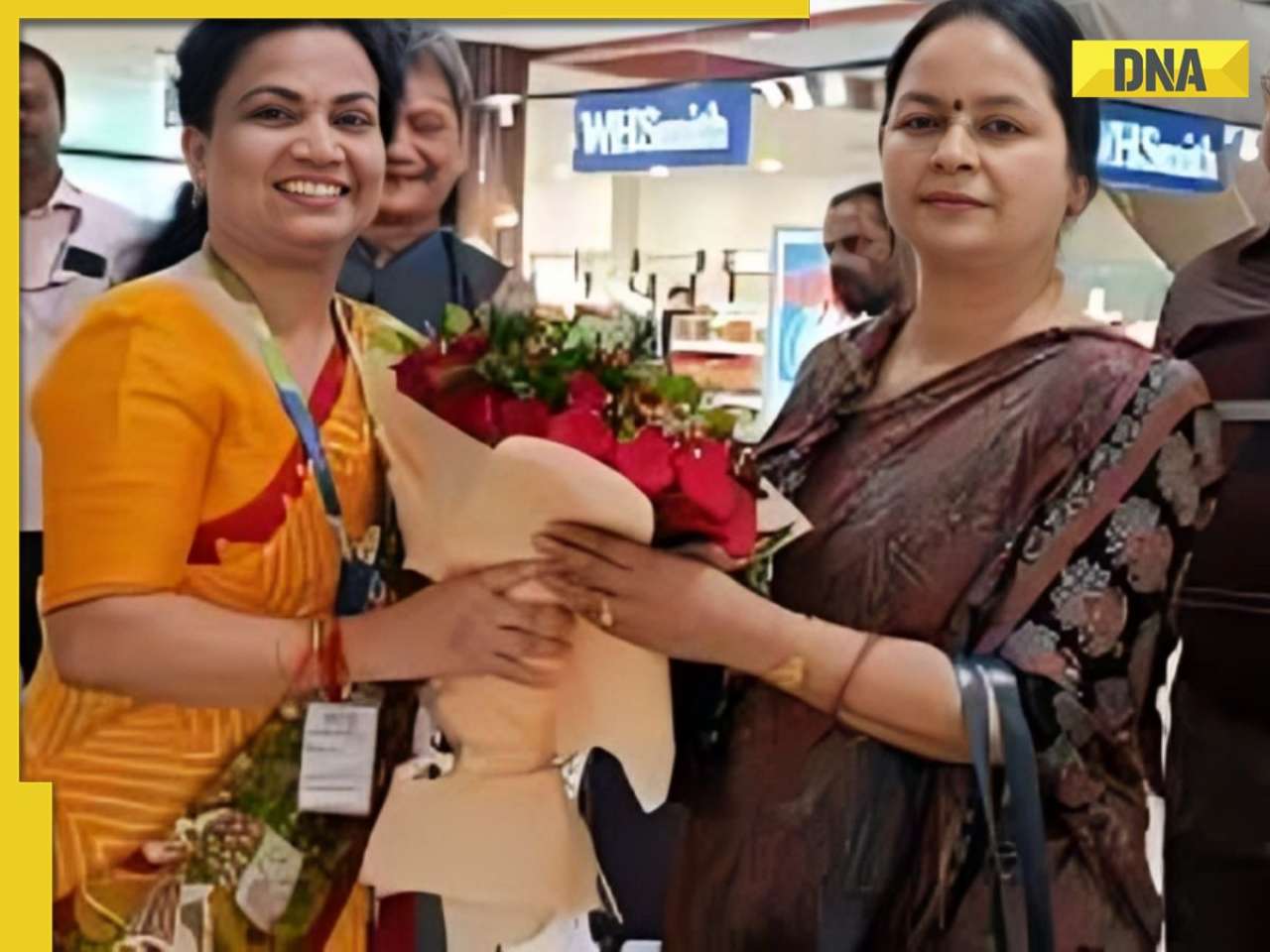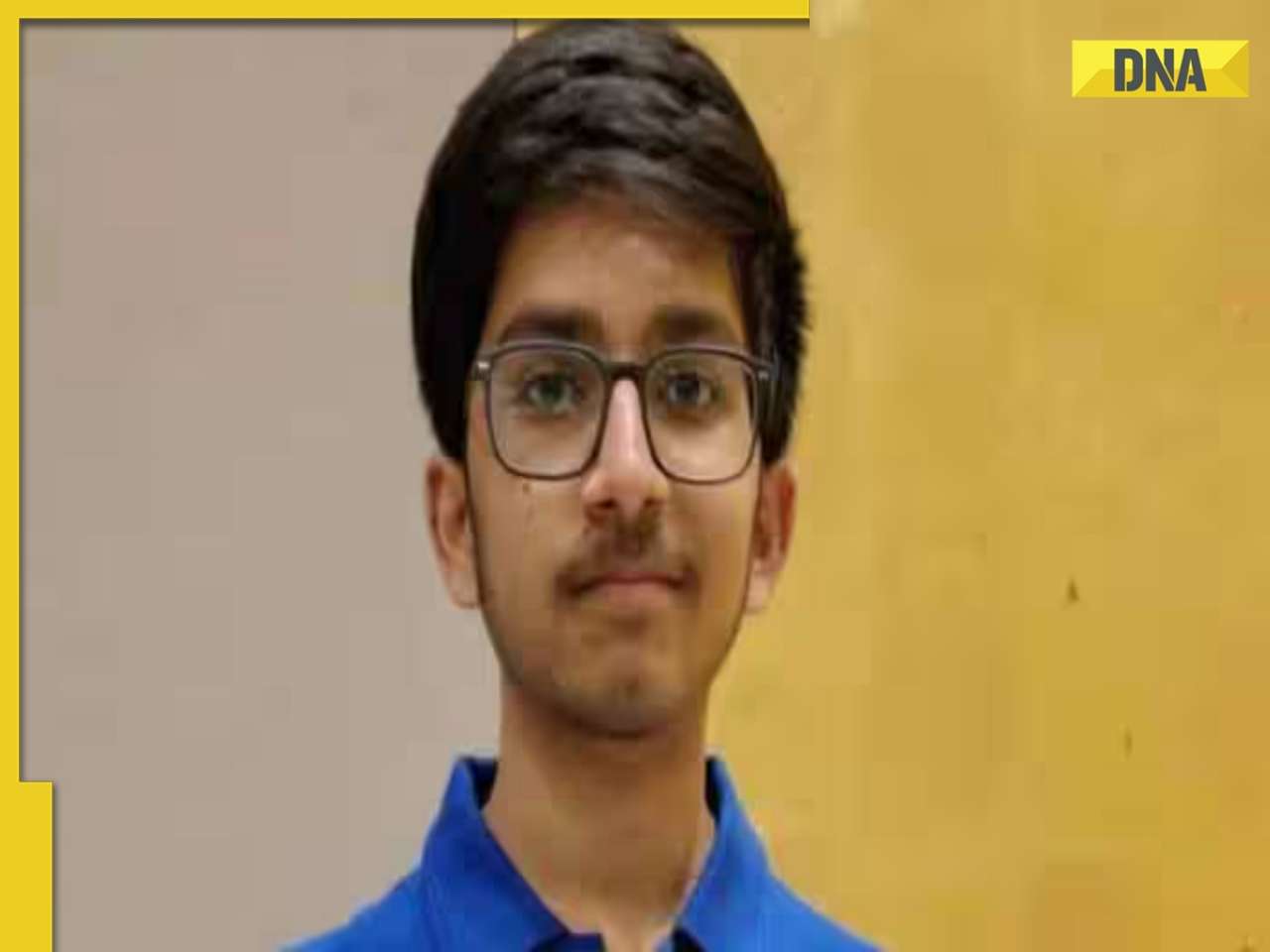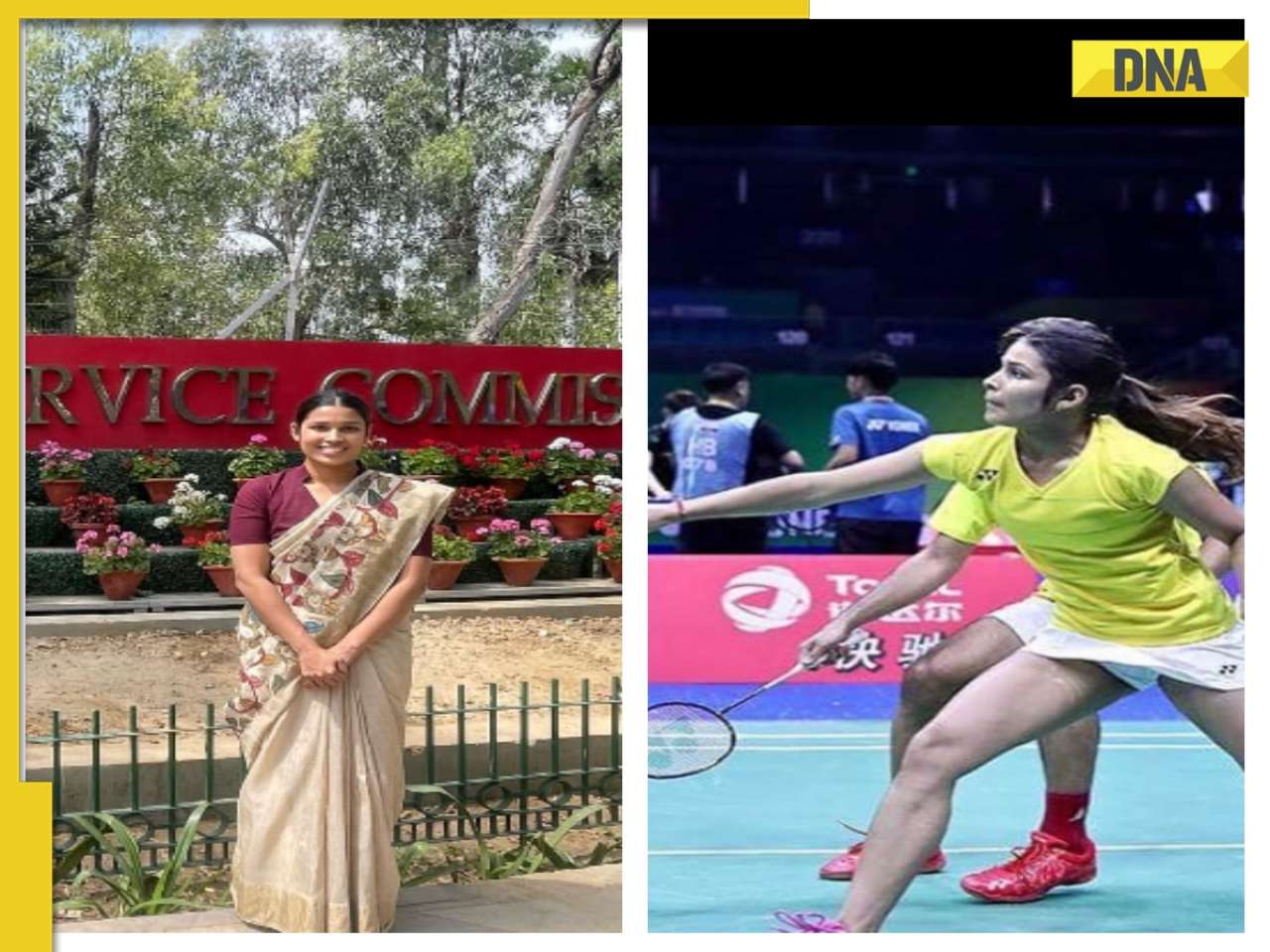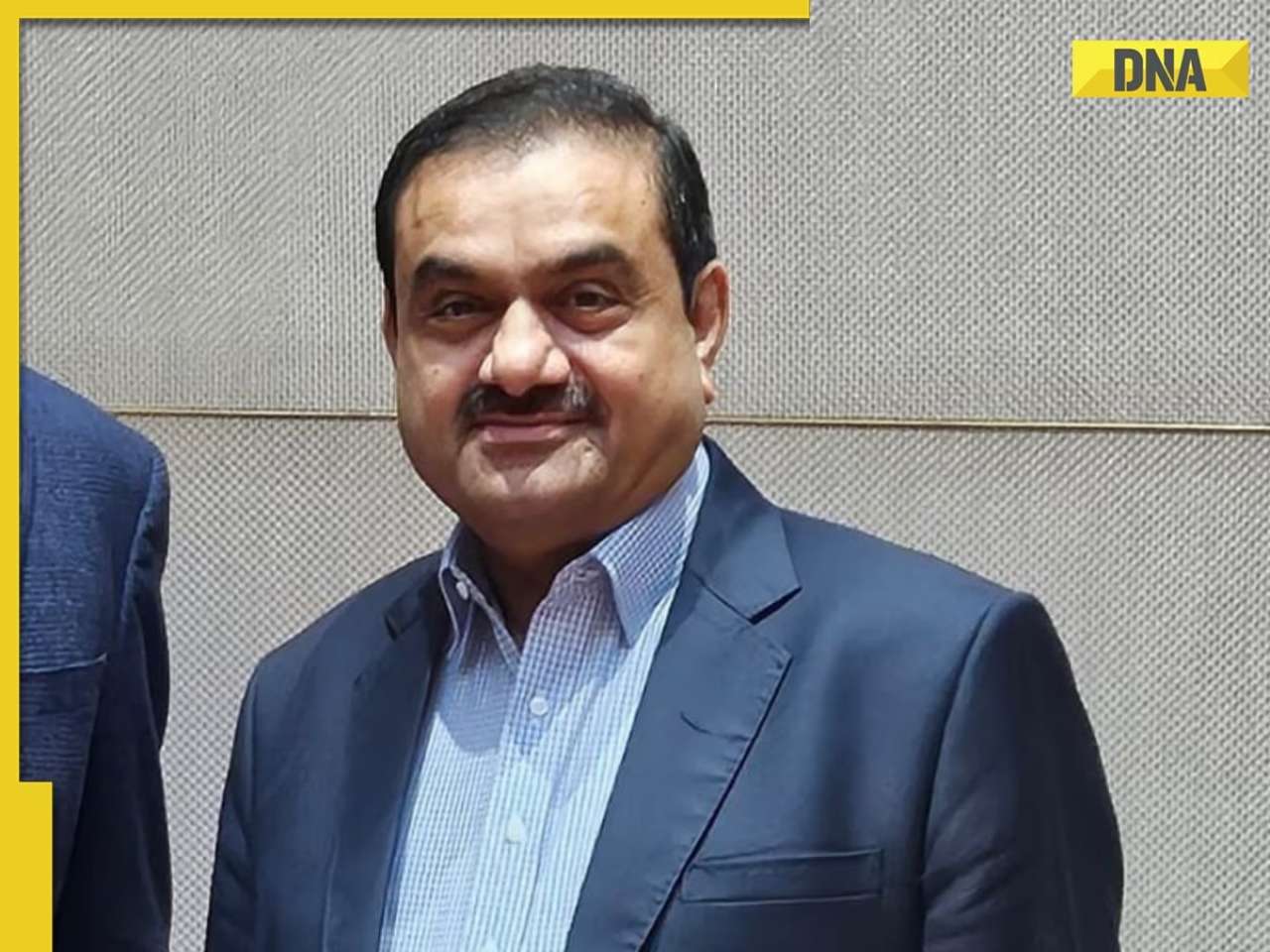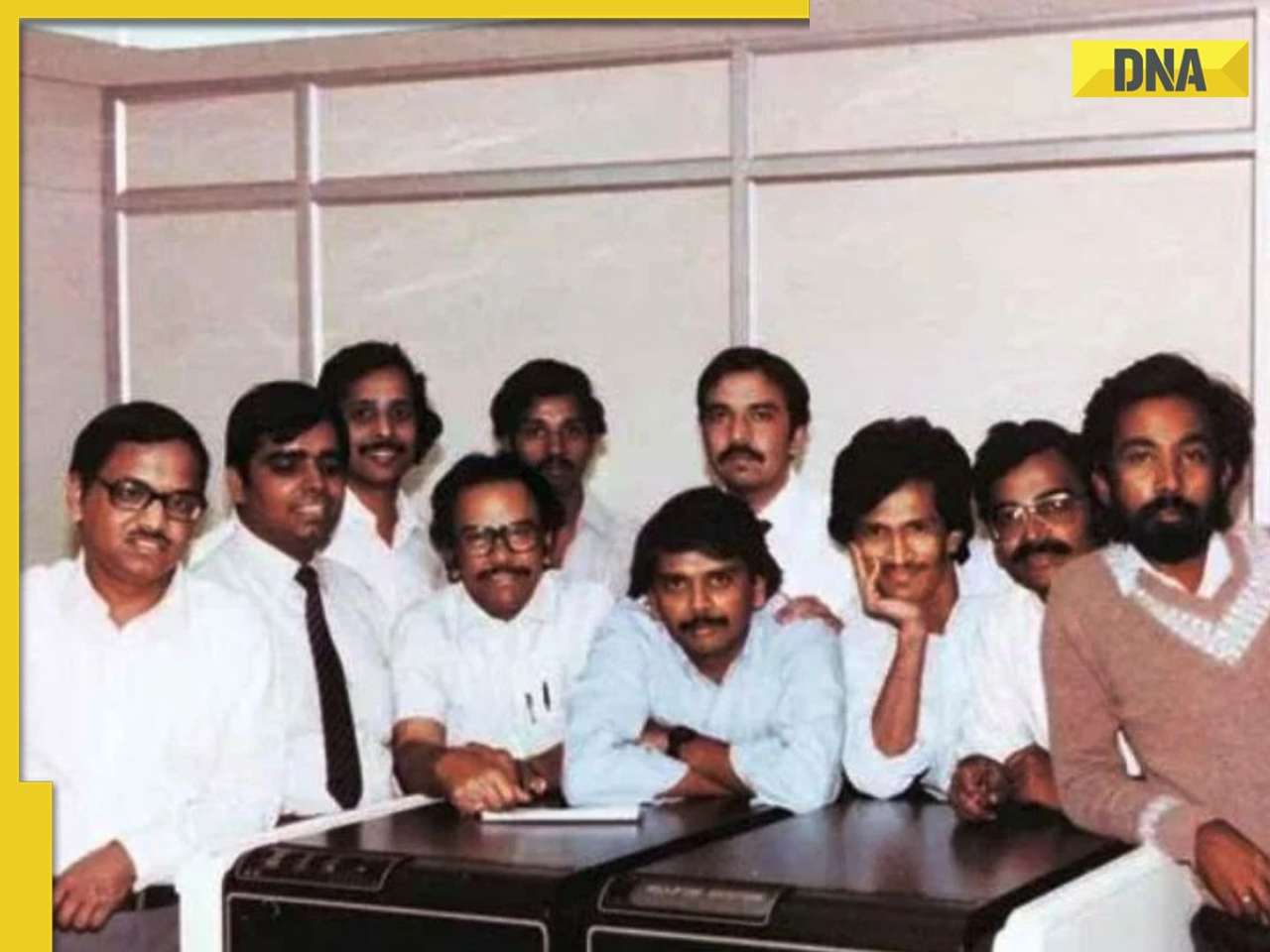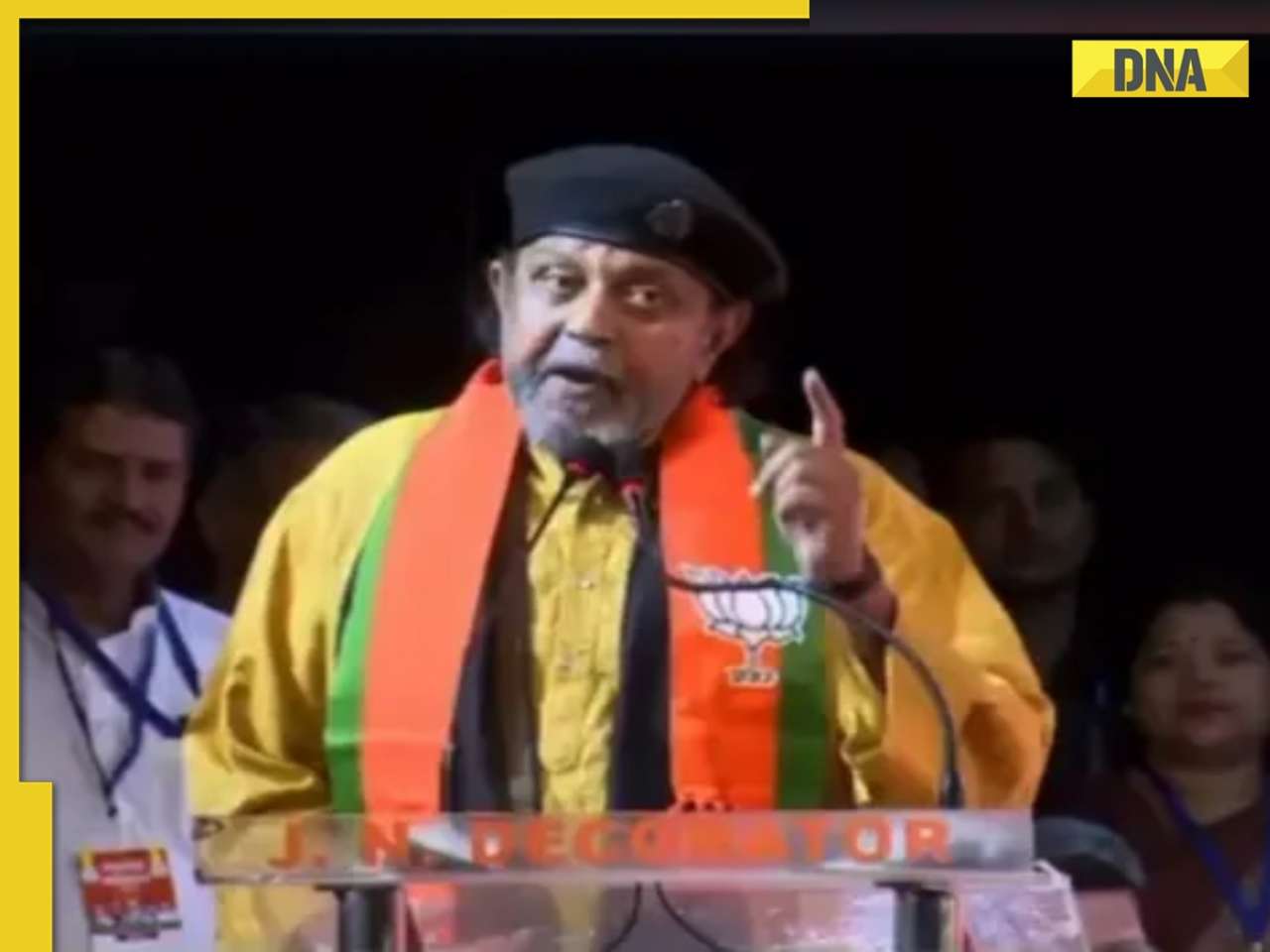- LATEST
- WEBSTORY
- TRENDING
INDIA
Supreme Court’s collegium system of judicial appointment faulty, says Jaipal Reddy
Union law minister Verrappa Moily may have tread cautiously on the issue of transparency in the SC collegium, his cabinet colleagues seem to have a view against the current system of judicial appointments.
TRENDING NOW
Union law minister Verrappa Moily may have tread very cautiously on the issue of transparency in the Supreme Court collegium making sure to not “inconvenience” the judiciary, his cabinet colleagues seem to have a vociferous view against the current system of judicial appointments.
At the Congress party’s national convention on “Law, Justice and the Common Man”, which was organised by the party after a gap of 21 years, union urban development minister and party veteran S Jaipal Reddy raised serious doubts on the Supreme Court’s Collegium system of judicial appointment.
“The current system of judicial appointment is faulty, it is faulty because it is opaque. The opacity of this system attracts charges of nepotism and lack of transparency. The government is bringing a legislation (the Judicial Standards and Accountability Bill), which should address this sense of grief over the conduct and reputation of judges and the manner of their appointment,” Reddy said.
The collegium system had recently drawn flak from legal luminaries over the issue of proposed and later cancelled elevation of Karnataka chief justice PD Dinakaran to the apex court. In an indication that the union government was progressing on the implementation of the judicial accountability bill, attorney general for India, GE Vahanvati said, “there is a strong feeling that the present system of judicial appointments needs to be reconsidered. We are alive to the situation. But this is a sensitive issue and we will deal with it delicately.” Strangely Vahanvati, a constitutional authority, chose to attend the clearly political function.
What was stranger and seemingly controversial, Moily emphasised on the need to “bond” Congress-affiliated lawyers “into mainstream of judiciary.” This at a time transparency of the judicial process was at the vanguard of the debate.
Addressing nearly 1500 people, largely Congress workers, at
Vigyan Bhawan in the presence of Prime Minister Manmohan Singh, Congress president Sonia Gandhi and an array of union ministers, Moily said, “we must create a national data bank with regard to lawyers belonging to our party so that we can form domain expertise using their experience… ultimately we can bond them into mainstream of judiciary.”
On a similar note, Congress MP and the party Delhi unit chief JP Agarwal urged fellow parliamentarian and Congress legal cell chief Abhishek Manu Singhvi to “take care of lawyers devoted to the Congress.”
“When government panels are made and lawyers need to be appointed in them many of our party affiliated lawyers don’t find a place and have to seek favor from leaders of other political parties. We must ensure that lawyers devoted to the Congress must get a representation on such panels,” Agarwal demanded, receiving thumping applause from those present at the convention.
However, Moily and his party colleagues seem to have forgotten that the Gujarat government was lambasted for appointing Sangh-affiliated lawyers as prosecutors in the post-Godhra carnage riots case in 2002. All the prosecutors were dropped following the SC observation.
Singhvi, perhaps sensing the repercussions of the demand said, “I agree that our party affiliated lawyers must find a place on government panels and the law minister is on the same page as me on this issue. However, such lawyers must excel in their field and they will automatically be rewarded.”
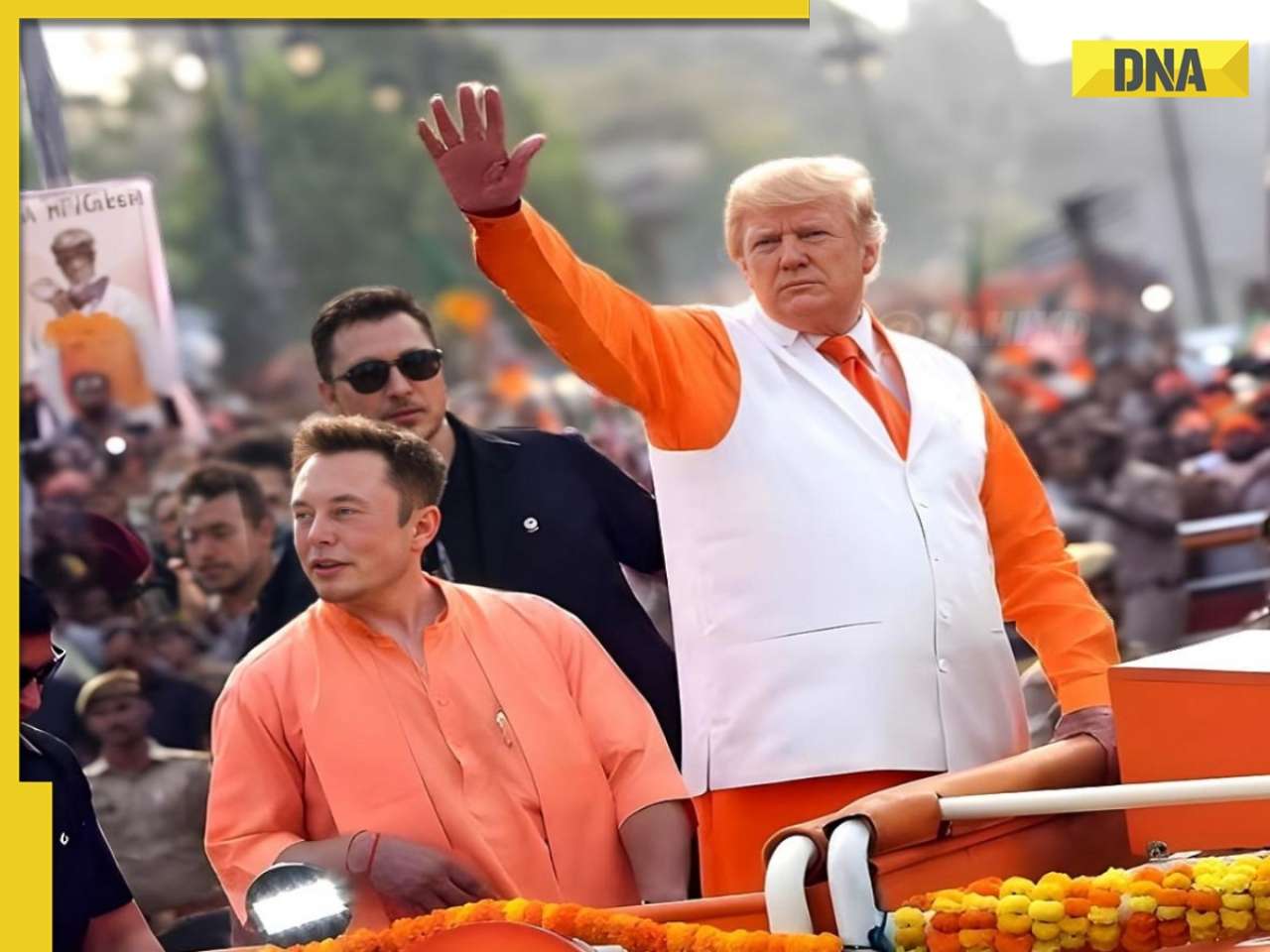
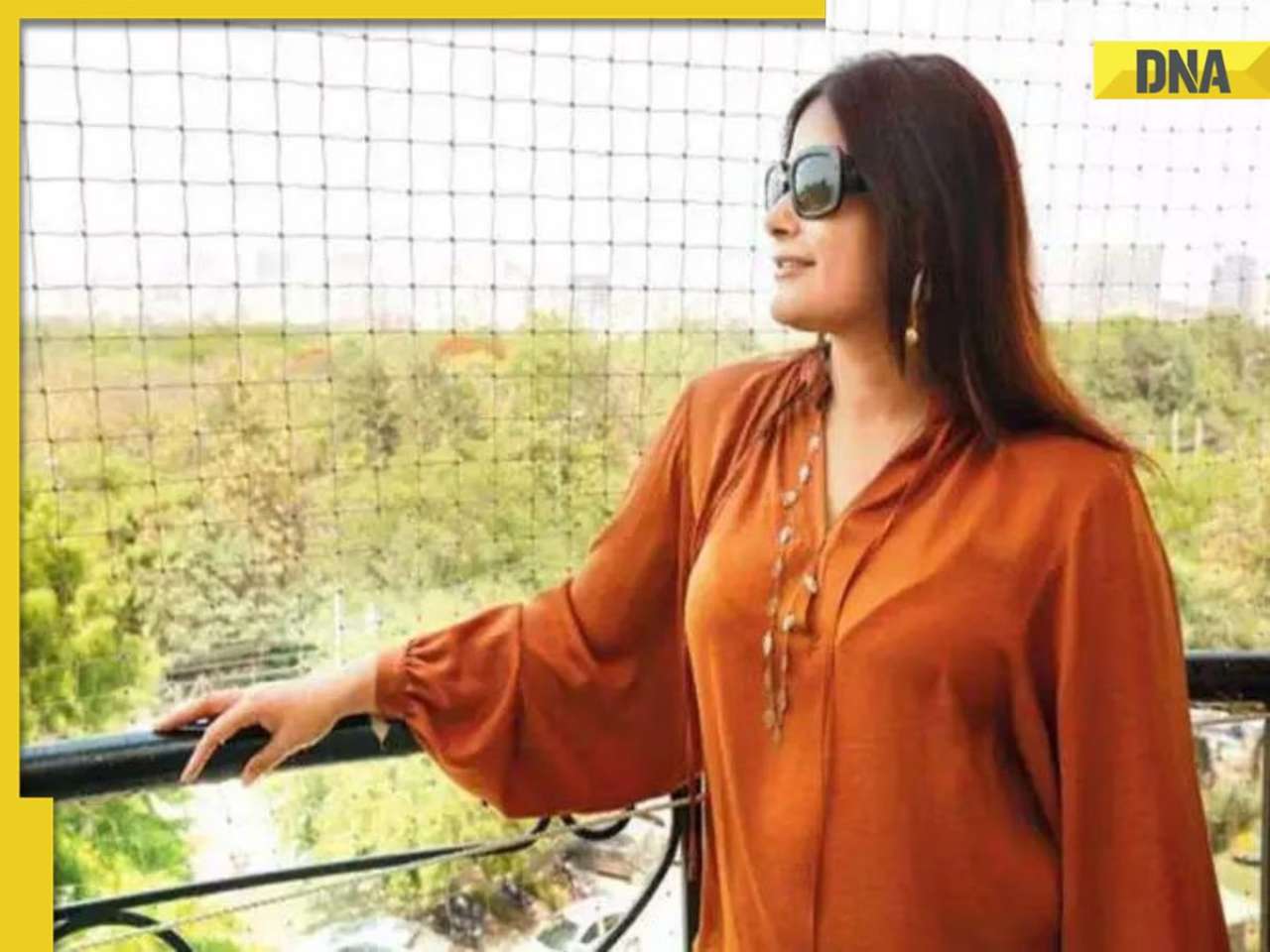
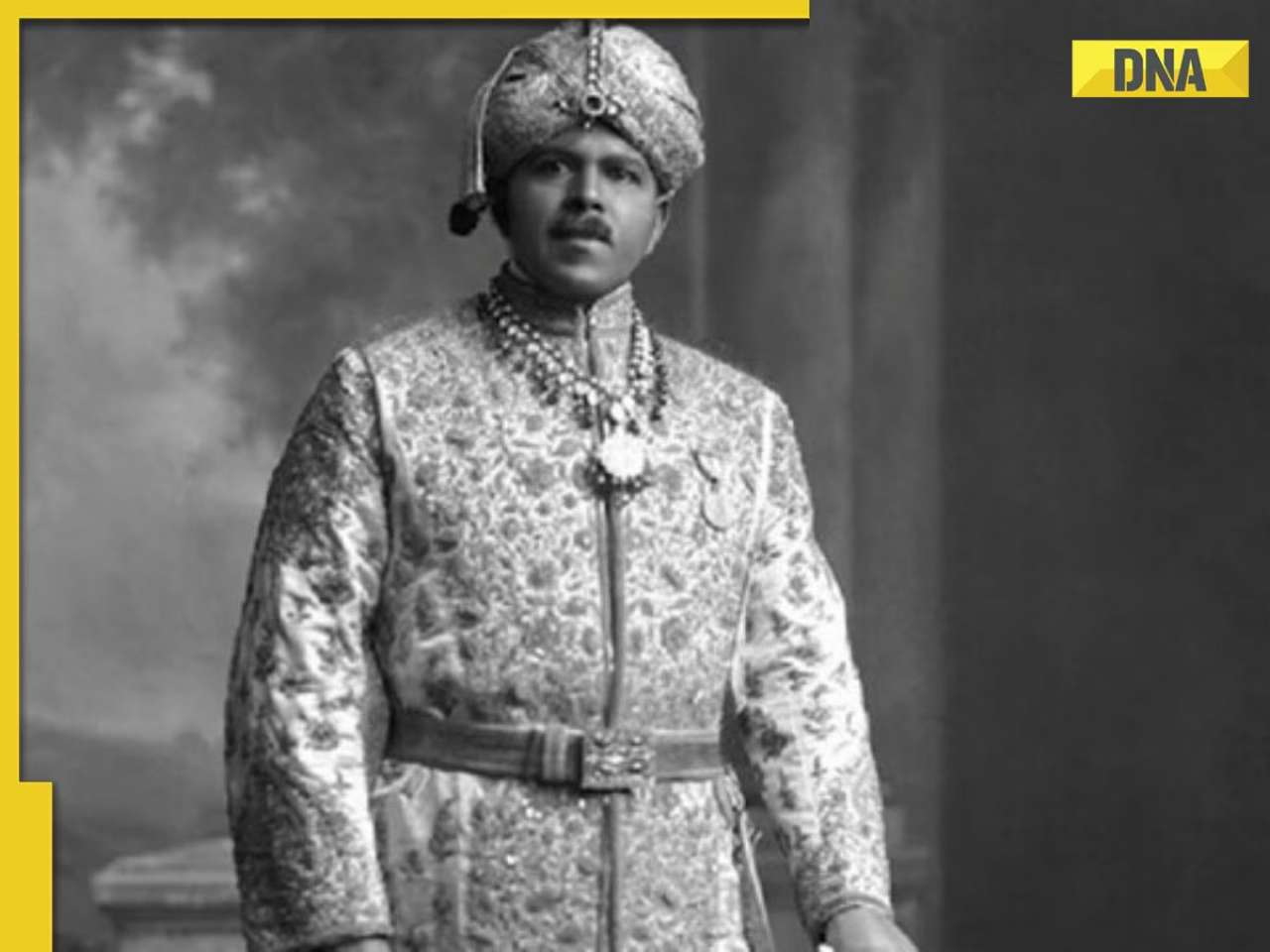





)
)
)
)
)
)
)
)
)
)
)
)
)
)
)







